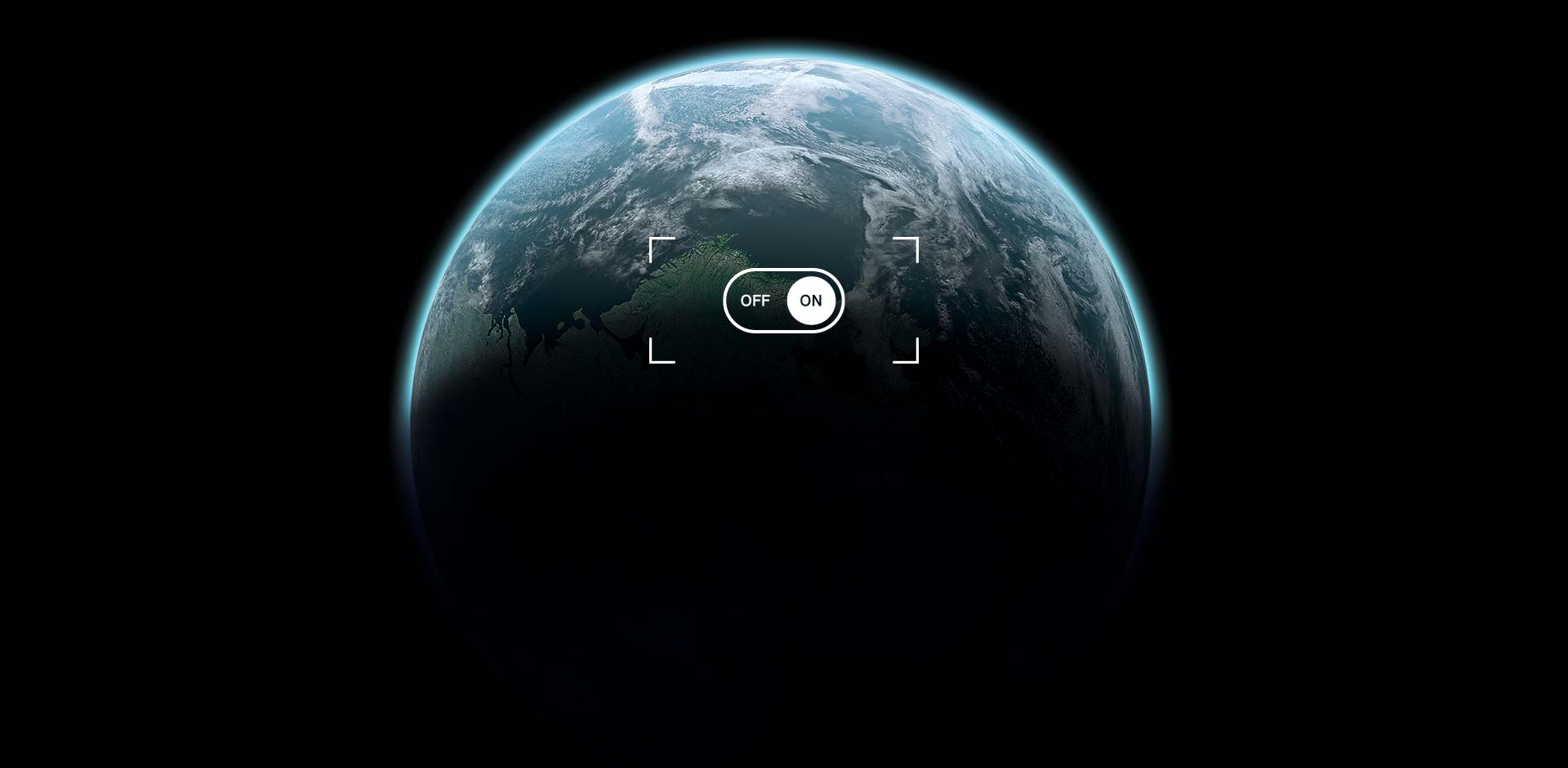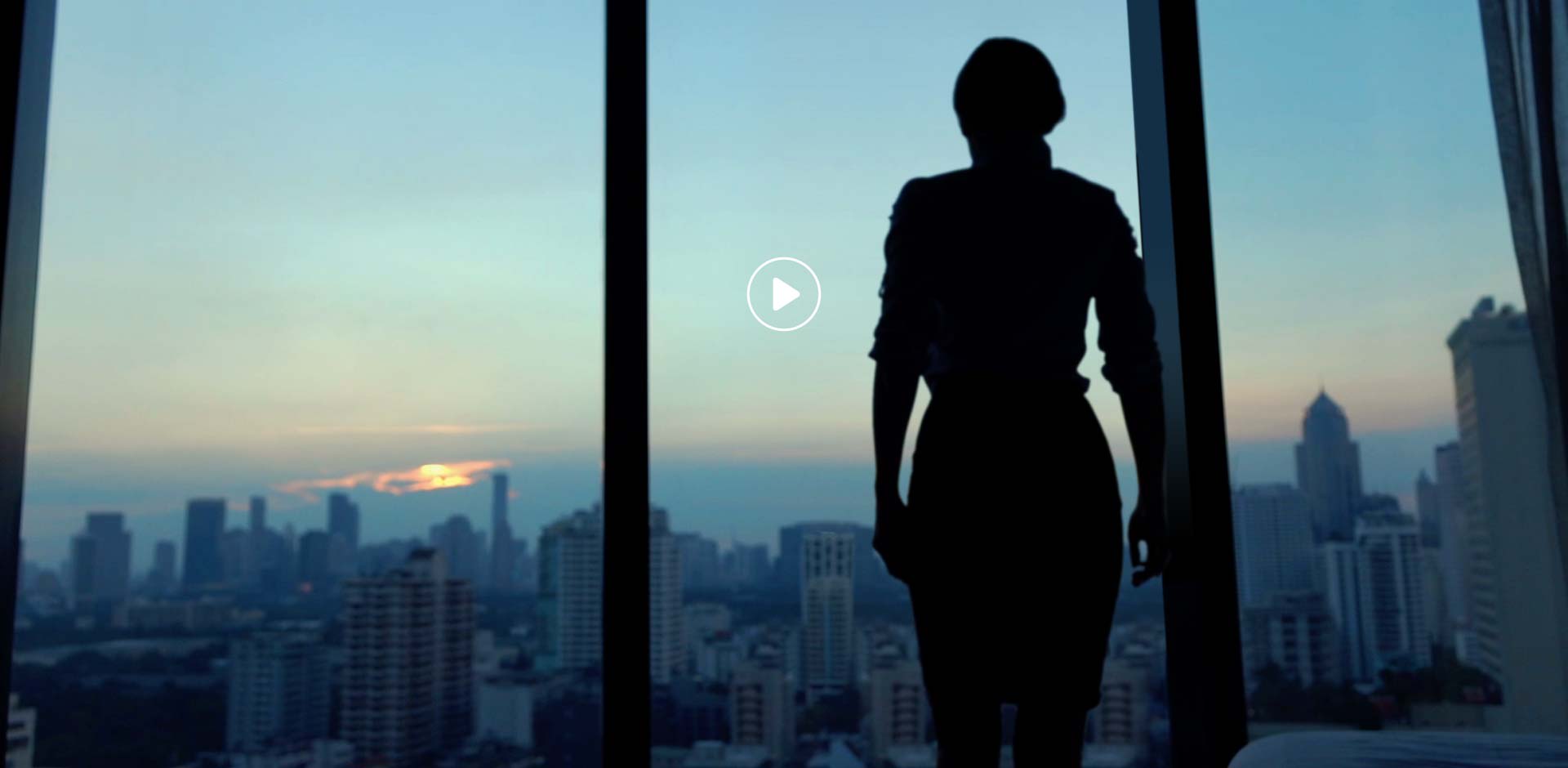rethink sustainability
Who stewards the stewards?


A sustainable future cannot be built overnight. It is a project that will consume our species for at least the next hundred years. While we can only speculate on how the latter half of that century might pan out, we’re on somewhat firmer ground with the next few decades. To get a sense of how the sustainability project might develop in that time—and how investors can help steer it in the right direction—it’s worth learning about the people alive today who will spend the most time delivering it. Who are they? What are they working on? And how can investors support them?
Our hopes for a sustainable future rest on Millennials: the youngest generation in the workforce and the heirs to society’s most powerful positions. In this, we have no choice. And yet, we can still ask—will our hopes be rewarded?
Millennials as a whole are sometimes seen as entitled, driven too much by ideology and not enough by facts. Meanwhile, specific Millennials in Silicon Valley have courted controversy through the apparent overreach of their ballooning companies, leading many to wonder whether the explosion of CEOs who don’t look old enough to drink a beer, let alone run a company, since the turn of the century was too much, too soon.
If this is an accurate reflection of Generation Y, it doesn't bode well for humanity's sustainability project. For if it is to succeed, our approach must be urgent, yet focused. Powerful, yet grounded. Ardent, yet rational.
So, what’s the truth about Millennials?
Our hopes for a sustainable future rest on Millennials: the youngest generation in the workforce and the heirs to society’s most powerful positions.
Meet the Millennials
A look at the numbers suggests that the sustainability project might just be in good hands.The Brookings Millennial Report1 found that 91% of Millennials would be more trusting of, 89% more loyal to, and the same proportion again more likely to buy from, companies that support specific social issues. Meanwhile, almost three-quarters would pay more for sustainable products and services compared to just half of Baby Boomers.
Their attitudes toward money are pretty healthy too. In one survey2, 87.5% of Millennials disagreed that money is the best measure of success. And yet, they’re not fantasists. They know a successful business must perform financially. But they also value more than the bottom line. The 2018 Deloitte Millennial Survey3 found that 83% of Millennials believe in a more holistic balance of performance measures, including having a positive impact on society and the environment, innovation, job creation and career development, improving lives and diversity and inclusion.
Business, though, selects for a particular kind of person, and so these numbers are only indicative of the attitudes of the Millennial subset that matters most to investors—entrepreneurs. That said, with the digital democratisation of entrepreneurship, we can expect Millennials to be more likely than previous generations to choose business as a means of addressing sustainability issues. Indeed, 25% of entrepreneurs in their 20s cite having a positive impact on their communities as a reason for getting into business, compared to just 13% of entrepreneurs in their 50s4.
64% [of Millenials] would rather make $40,000 a year in a job they love than $100,000 a year at a job they hate.

Sustainable businesses, sustainable solutions
In comparison to governments and big business, startups have the power to make relatively surgical strikes on sustainability sub-issues that collectively have a significant impact. It’s therefore essential that investors use some of their capital to support the kind of innovative, sustainable startup Millennials are founding across the world.
Take, for instance, London-based sales and marketing agency LVK. While there are now many sustainable boutique food and drink brands, they can’t stay boutique-sized if they’re to really shake things up. That’s where LVK come in. Founded by Millennials Simon Lock and Sunna van Kampen, their mission is to grow “mindful” brands that use healthy, sustainable ingredients and packaging, thereby increasing their positive impact through bigger sales and successful competition with name brands.
Some Millennial entrepreneurs bring innovation to existing solutions. Arun George has a fresh, democratic take on wind power with Indian startup Avant Garde Innovations. They produce the AVATAR, a small wind turbine that costs as much as a smartphone, offering Indians the chance to get off the grid through direct access to renewable energy.
Others, like Filipino entrepreneur Jackie Yap, are so innovative they tackle two problems at once. Jackie’s first target was his country’s plague of water hyacinth—an invasive plant that grows at an average of 7.28 tons per hectare, per day. The other was the country’s firewood and charcoal problem. 65 million people there cook with it every day, driving unsustainable forest depletion. Jackie’s startup, HiGi Energy, aims to kill both disastrous birds with one sustainable stone by turning water hyacinth into charcoal, easing both infestation and deforestation.
Completing the picture
Since we deal only with individuals, not entire generations, we must remember that Millennial values don't represent the flip of a switch.
Instead, they point to an emerging trend that'll accelerate the number of sustainable investment opportunities from entrepreneurs of all generations in the coming years.
The other thing investors should be aware of is, quite simply, facts. For while Millennials tend to have sustainable values, the behaviours they motivate should they collide with faulty knowledge can skew into unsustainability.
For instance, according to one survey5, 40% of Millennials say that buying organic is part of their efforts to “live green”, compared with 32% of Generation X and 28% of Baby Boomers. But while many organic products are indeed sustainable, the assumption that they’re necessarily sustainable is a fallacy. For example, some organic pesticides can be worse for the environment than conventional pesticides6. Some organic products—like milk, cereals and pork—produce more greenhouse gasses than their non-organic equivalents7. And organic crops require far more land to match a non-organic yield.
And organic crops require far more land to match a non-organic yield

This phenomenon can go both ways. For example, despite overwhelming scientific consensus on their safety and vital role in solving world hunger, Millennial values interact with poor understanding to produce negative attitudes towards GMOs8. Then there’s nuclear power, an energy source we know to be safer and more sustainable than fossil fuels while being more scalable than renewables9. By rights, it should be a Millennial darling. Yet, thanks largely to perception-deranging incidents at Chernobyl and Fukushima—not to mention Hiroshima and Nagasaki—the most toxic thing about nuclear power is its brand. With tragic irony, nuclear myths interact with younger generations’ sustainable values just as you’d expect. One poll found that 41% of those under 55 want the share of nuclear power reduced, versus 34% of 55-and-overs10.
The same poll found that more educated people are likelier to say that nuclear energy is safe and that countries should build new power plants, signalling the vital role of education in aligning Millennials’ knowledge with their values.
[…] responsible investors have the power to demand not just ostensible sustainability, but demonstrable sustainability.
Meanwhile, responsible investors have the power to demand not just ostensible sustainability, but demonstrable sustainability. To do this, they must incentivise entrepreneurs to create products and services that are sustainable not just in name, but in line with the latest scientific consensus and the best available evidence.
Millennial entrepreneurs have what it takes to succeed, but they also can’t do it alone. They need investors to power their ideas and hold them to their own sustainable standards.
Biography
Jonathon Mulholland is a UK-based writer with an academic background in philosophy and psychology. His interests include science, technology, history, religion, secular spirituality and intentional living. He blogs at thedeliberative.com.
Please note that Jonny’s views and opinions are his own and not necessarily a reflection of those of the Lombard Odier Group.
1 Brookings
2 Brookings
3 Deloitte
4 HSBC
5 Organic Trade Association
6 Science Daily
7 University of Oxford
8 Linnhoff et al., 2017
9 CNN
10 Organisation for Economic Co-Operation and Development






share.